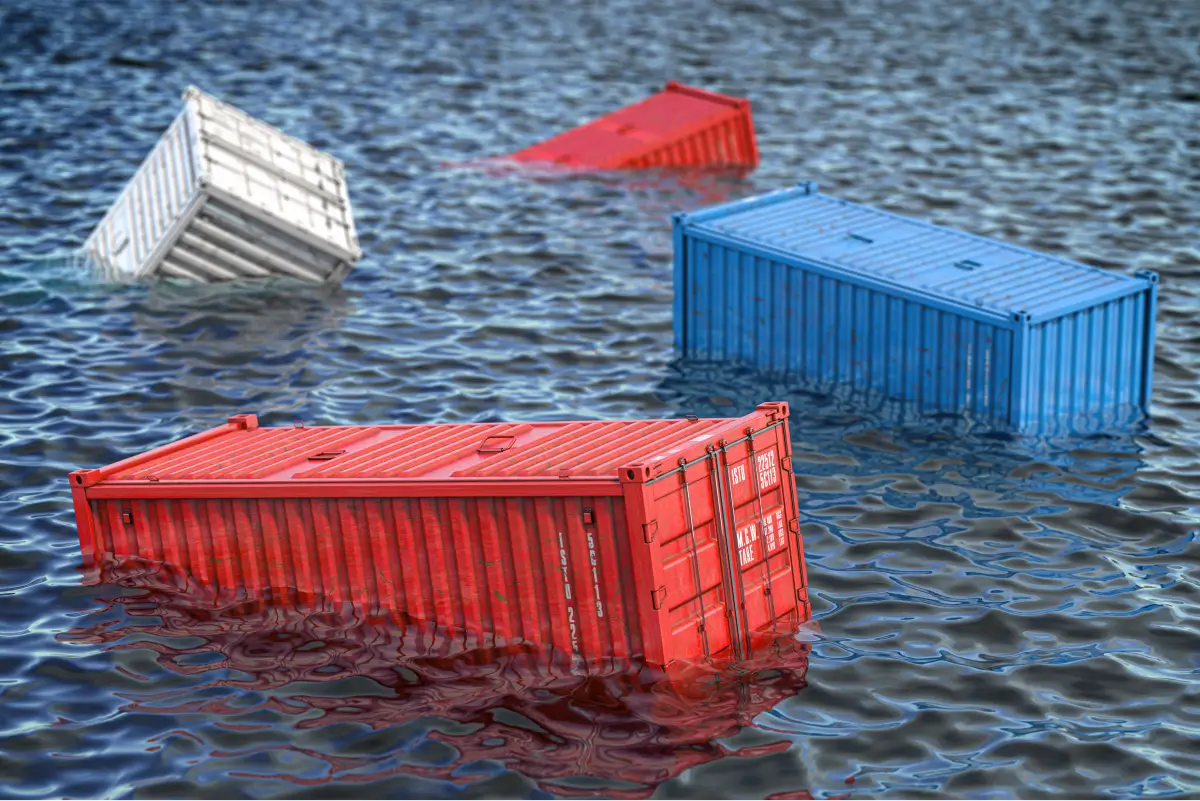We guide you throughout the entire process
Do you need to file a claim for your cargo insurance? This is the right place.
Don't worry! We're here to help you resolve your situation. Scroll down, follow the steps, and fill out the form. Our team will contact you shortly.

Guiding you throughout the process
We work together to provide a timely response
Fill out the form telling us about the situation, and our dedicated team will contact you via the email customercare@skholl.com to start the claim process with the insurance company and provide the necessary documents for formalization.
Understanding the claim process stages
Stage 1:
Claim notification
Stage 2:
Document collection process
Stage 3:
Case formalized with the insurance company
Stage 4:
Claim resolution
Frequently asked questions
Learn more about claims
Do you have questions about the claim process? Clear your doubts
A claim is an accidental event or occurrence that may happen and cause damage to the goods, covered under the contracted coverage through a policy. These damages can result from loss or shortage of goods due to various unexpected and almost impossible-to-predict fortuitous events.
- It is crucial that you report the incident as soon as possible to your assigned advisor or the Customer Care team via the aforementioned form or by emailing customercare@skholl.com, so that the basic documentation can be submitted immediately.
Additionally, you must report the incident to the carriers and document it. It is important to do this quickly due to the timeframes established by law for such cases.
• Date and place where the incident was detected.
• Report the estimated total damage in USD.
• Location (exact address) and contact information (name, phone number, and email) where the cargo or container is currently located.
• Photos or videos as evidence of the damage (if applicable).
• Photos of the cargo at origin.
• Commercial invoice with Incoterms and packing list.
• Bill of lading.
- Formal claim letter to the insurer.
- Claim letter to the carrier with confirmation of receipt.
- Documentary evidence or POD with damage annotations.
- Bill of lading (BOL).
- Commercial invoice and packing list.
- Customs clearance document
- Photographic records.
- Depending on the claim, the insurer may require additional documentation (refer to informative checklists for more information).
- Hiring transportation with a company not authorized by lawin each Country and for each mode of transportation there are requirements to operate as a carrier.
- Failure to comply with the required security protocol.
- Non-submission of necessary documentation for case study and analysis.
- Failure to present the necessary documentation for the study and analysis of the case.
- Disposal of salvage without prior insurer authorization.
- Lack of evidence demonstrating that damages occurred during the insured journey.
- Late notification of the claim. - Policy exclusions.
Get informed with Skholl
Learn all about claims.
We invite you to join our latest webinar to learn all about claims and how to proceed when filing one. Don't miss out.
